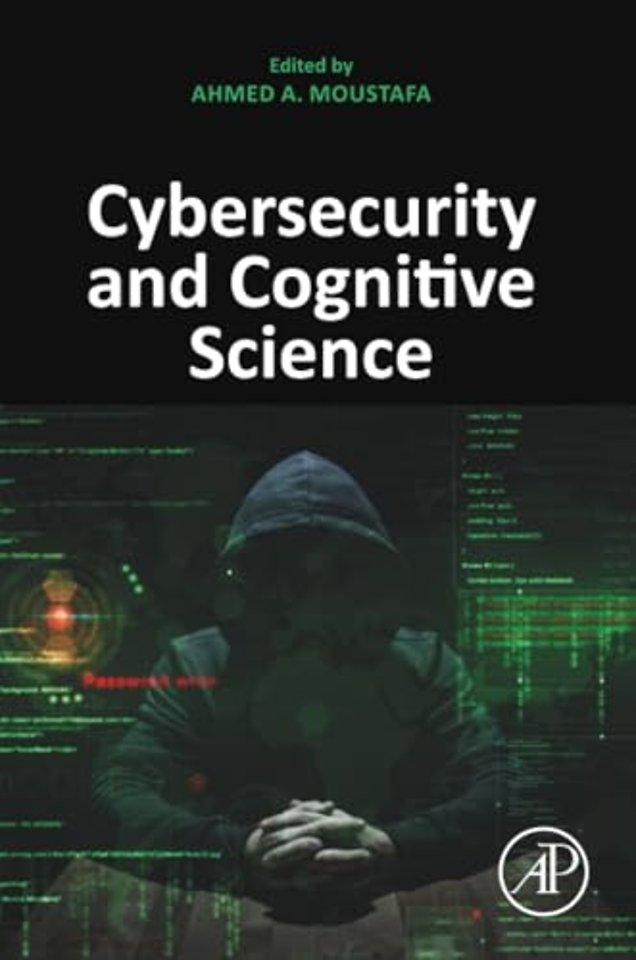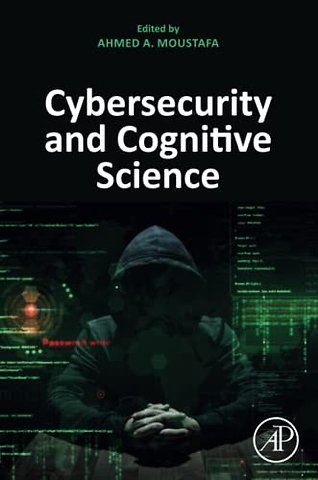Cybersecurity and Cognitive Science
Paperback Engels 2022 9780323905701Samenvatting
Cybersecurity and Cognitive Science provides the reader with multiple examples of interactions between cybersecurity, psychology and neuroscience. Specifically, reviewing current research on cognitive skills of network security agents (e.g., situational awareness) as well as individual differences in cognitive measures (e.g., risk taking, impulsivity, procrastination, among others) underlying cybersecurity attacks. Chapters on detection of network attacks as well as detection of cognitive engineering attacks are also included. This book also outlines various modeling frameworks, including agent-based modeling, network modeling, as well as cognitive modeling methods to both understand and improve cybersecurity.
Specificaties
Lezersrecensies
Inhoudsopgave
Rubrieken
- advisering
- algemeen management
- coaching en trainen
- communicatie en media
- economie
- financieel management
- inkoop en logistiek
- internet en social media
- it-management / ict
- juridisch
- leiderschap
- marketing
- mens en maatschappij
- non-profit
- ondernemen
- organisatiekunde
- personal finance
- personeelsmanagement
- persoonlijke effectiviteit
- projectmanagement
- psychologie
- reclame en verkoop
- strategisch management
- verandermanagement
- werk en loopbaan

